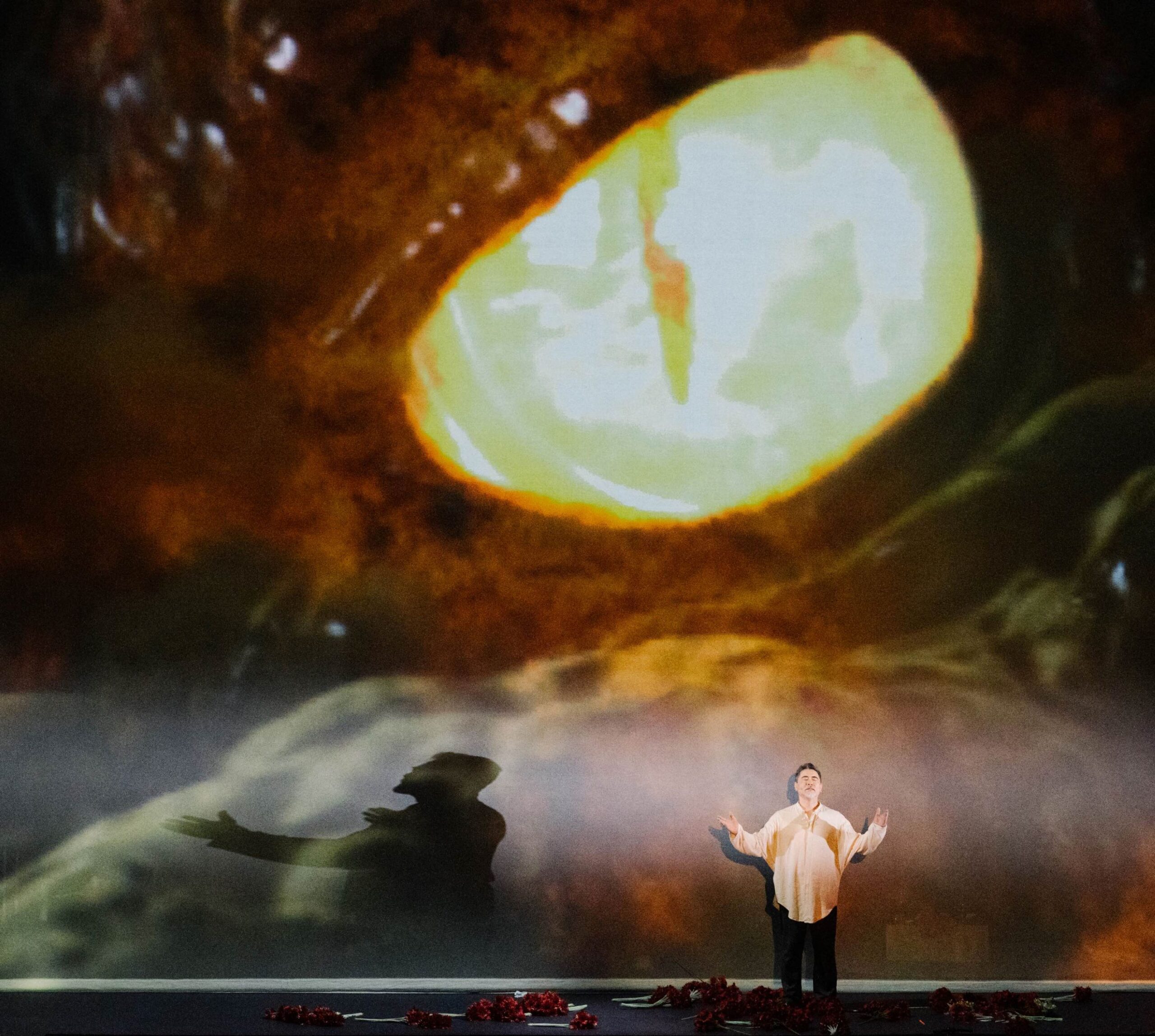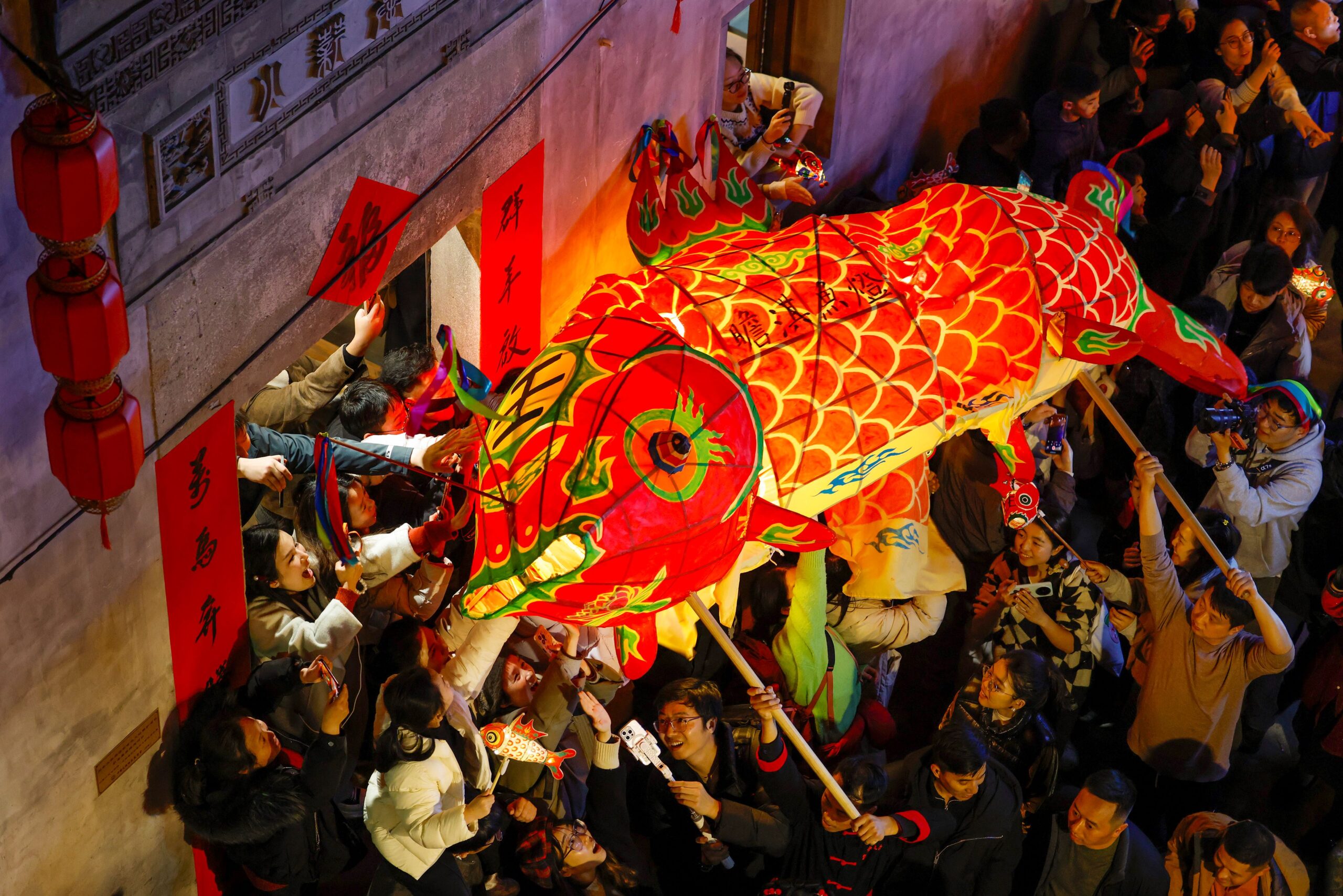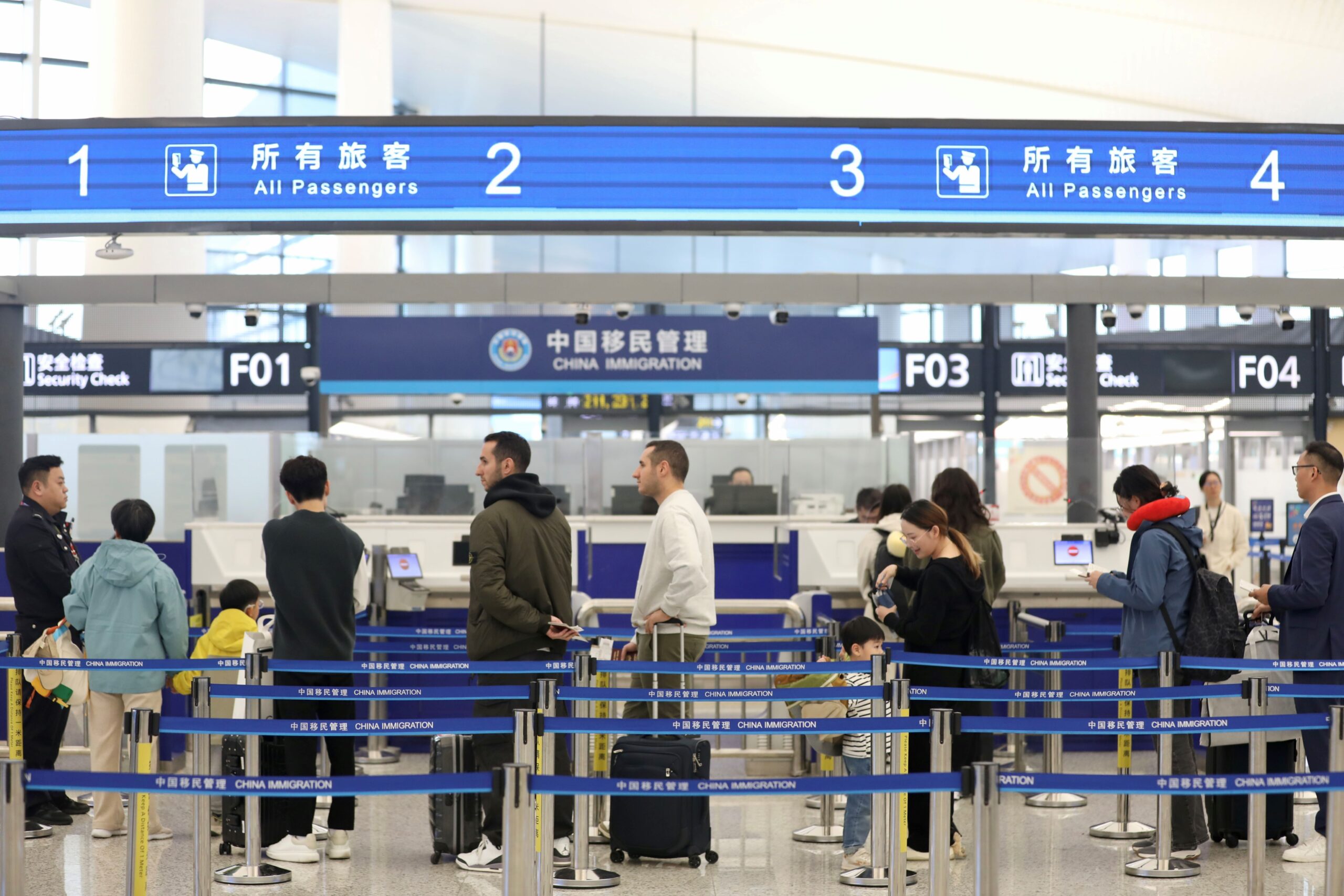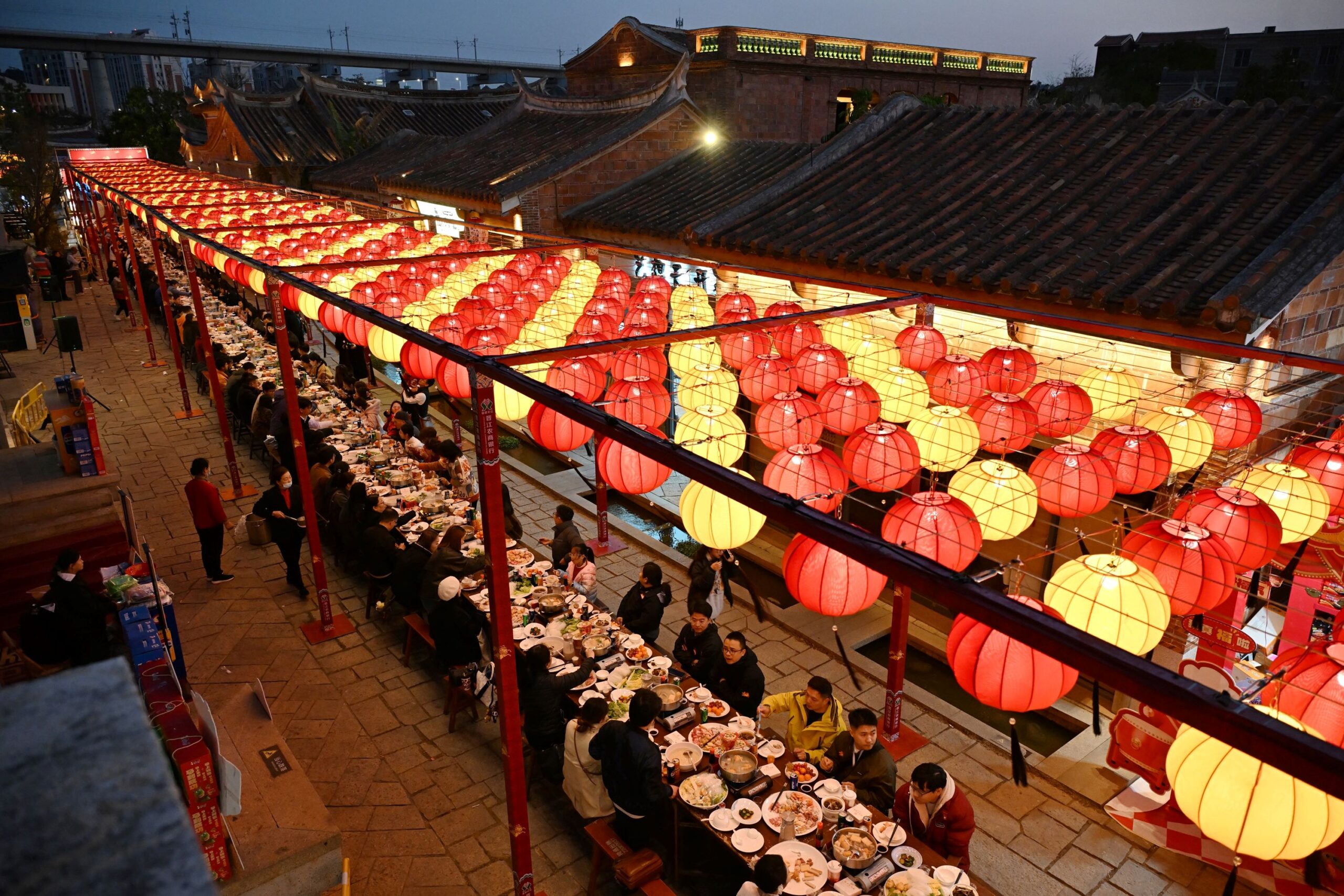Mo Yan debuts his first stage play, “Crocodile”, in Hong Kong, marking a new chapter in the Nobel laureate’s creative journey.
Nobel Prize–winning writer Mo Yan brought his first stage play, “Crocodile”, to Hong Kong on November 21st. The play opened a three-day run at the Kwai Tsing Theatre. Directed by Wang Keran, a Chevalier of Arts and Letters in France, the production features leading actors Zhao Wenxuan and Zhang Kaili, along with the original creative team behind the acclaimed play A Dream Like a Dream (如梦之梦).
“Crocodile” follows the fall of a corrupt official named Shan Wudan. The crocodile becomes a metaphor for unchecked desire and the erosion of power boundaries. The play won the Wenhua Award for Performance and is widely seen as a new peak in contemporary Chinese theatre. Its Hong Kong premiere marks the first stop of its global tour.

Mo Yan’s Creative Journey and the Play’s Origins
Mo Yan said he values the way Hong Kong audiences react to his work. He sees their response as a way to test the play’s “ability to travel.” “The play received strong reactions across China’s mainland, so we brought it to Hong Kong. If audiences here enjoy it too, we will have more confidence to take it to the world,” he said in an interview with CNS.
The idea for “Crocodile” grew from Mo Yan’s ten years of experience and observations while working at a legal newspaper. He wanted to explore desire, fear, ambition, and the way human nature twists under pressure. However, he struggled for years to find a fresh angle.
Later, a casual conversation with a young neighbour changed everything. The boy loved reptiles and told Mo Yan that a crocodile kept in a tank never grows to its full size. The image struck him. Human desire can also grow inside its own invisible cage. This insight unlocked the story. Once Mo Yan entered the writing state, the scenes came quickly. He often woke up with ideas from vivid dreams and wrote them down before sunrise.
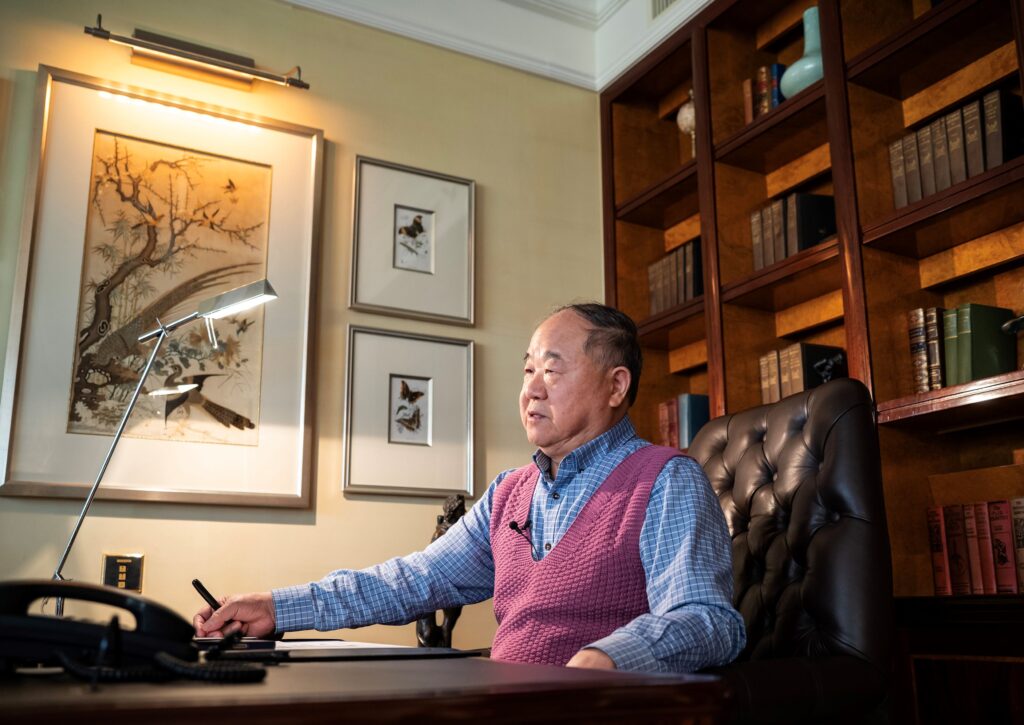
A New Direction for a Nobel Laureate
Mo Yan finished the script during a single Spring Festival. The play premiered in Suzhou in 2024 and quickly sold out venues across China. Moreover, it marks the author’s attempt to reinvent himself. He wants to move from novelist to playwright, and from writer to “literary man” shaped by classical traditions. He once made this pledge during a visit to Shakespeare’s former home, standing between statues of Shakespeare and Chinese playwright Tang Xianzu.
With “Crocodile” now on an international stage, Mo Yan steps into a new chapter—one that links modern Chinese theatre with global audiences.
If you liked this article, why not read: Ancient Egypt Revealed: Kings, Cats, and Archaeological Wonders

